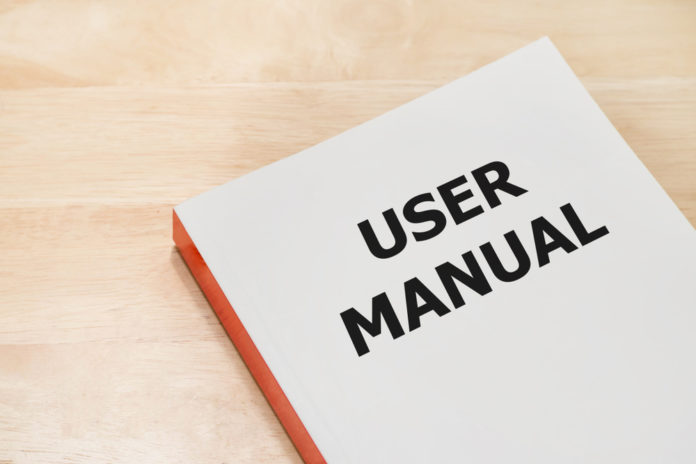Protest challenging a decision by the Defense Logistics Agency to remove a contractor from an approved supply list is denied. The contractor alleged that the removal decision was improper because the agency had not followed the procedures set forth in the Department of Defense Manual. But the court found that the manual did not have the force and effect and of law. In particular, the provisions in the manual had not been promulgated into regulations through the notice and comment rulemaking process. Rather, the manual was an informal guide published on the DoD website. Because the manual lacked the force of law, it could not serve as the basis of a protest.
LAX Electronics supplied electronic connectors to contractors and the government. For many years, the Defense Logistics Agency (DLA) listed LAX on its Qualified Parts List, which designates government-approved sources of supply. In 2019, DLA audited LAX and found several violations of DLA’s standards related to electrical parts. DLA ordered LAX to stop shipment and production of certain connectors. LAX attempted to take corrective action to address DLA’s concerns, but to no avail. DLA removed LAX from its supply lists.
LAX filed suit with the Court of Federal Claims challenging its removal from the list. LAX asserted two claims. First, LAX alleged DLA had removed its parts without complying with procedures in the Department of Defense Manual. Second, LAX alleged the DLA had failed to comply with FAR 9.205(a) by not allowing LAX to re-qualify for the QPL.
The COFC dismissed the suit. With respect to LAX’s first claim, the COFC found that the removal of LAX’s parts from the list was not made in connection with an identified procurement, so it did not fall within the COFC’s bid protest jurisdiction. As to the second claim, the COFC found that LAX had failed to state a claim because FAR 9.205(a) does not apply to a previously qualified bidder is removed from a supply list.
LAX appealed to the Federal Circuit. The Federal Circuit reversed the COFC with respect to dismissal of the first claim. The court held that LAX’s removal from the QPL meant that the company could not bid on future procurements, which put the case within the ambit of the COFC’s Tucker Act jurisdiction. The case was remanded to the COFC on the first claim.
LAX contended that its removal from the QPL violated the Department of Defense Manual. That manual, LAX argued, required DLA to consider a contractor’s corrective actions before removing it from a supply list. Here, LAX alleged DLA failed to consider its proposed corrective actions.
The court, however, found that Department of Defense Manual does not have the force of law and thus cannot serve as the basis for a protest. The court noted a four-part test for determining whether an agency manual is entitled to the force and effect of law: (1) the agency must have authority to create a regulation, (2) the agency conformed to the procedural requirements for promulgating a regulation, (3) the agency intended that the manual establish a binding rule, and (4) the rule does not contravene a statute.
Here, the court found that the second element was not satisfied. There was no indication that DoD followed the applicable “notice-and-comment rulemaking” procedures to the manual regulatory effect. DoD did not publish the manual in the Federal Register, allowing time for comments. Instead, DoD informally published the manual on its website, suggesting the agency did not intend for it have the force of law.
But even if the manual had the force and effect of law, the court opined that the DoD had properly followed the procedures set forth in the manual. The manual provided that if a product is removed from the QPL, DLA must send a written notice to the contractor and give them an opportunity to respond. In this case, DLA gave LAX written notice its removal. That notice provided LAX with an opportunity. LAX failed to avail itself of the opportunity.
To be sure, LAX had sent DLA a corrective action plan. But the corrective actions were sent before the notice of removal. LAX’s decision to not respond to the notice of removal did not establish any procedural omission by DLA. Indeed, the court reasoned, even the corrective actions could be considered a response to the notice of removal, the record showed that DLA considered the corrective actions and still found them insufficient.
LAZ is represented by Justin T. Huffman. The government is represented by Reta E. Bezak, Brian M. Boynton, Martin F. Hockey, and Deborah A. Bynum of the Department of Justice as well as John J. Pritchard of the Defense Logistics Agency.




